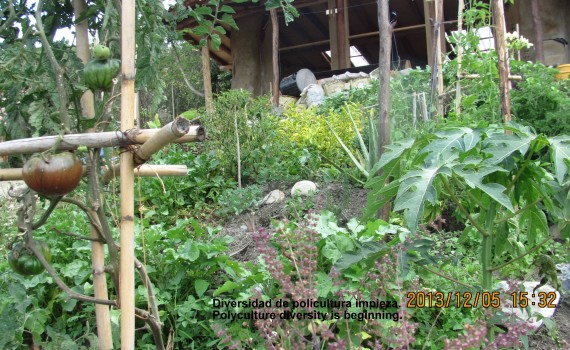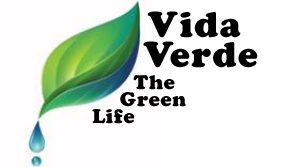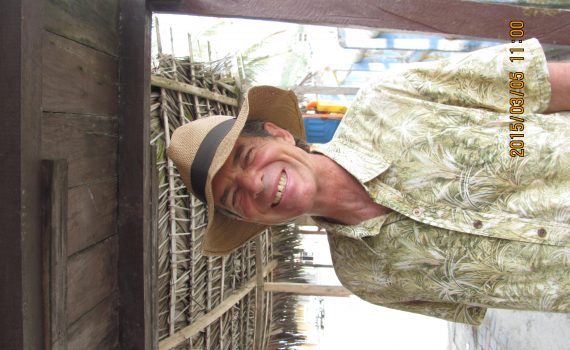
WORKING WISELY WITH WEEDS JULY 15, 2016 BY JONATHON ENGELS & FILED UNDER PLANTS Weeds are the fighters of the plant world. They are the pioneers, setting off in uncharted territories and cutting new pathways into lands bare and scorched. Then again, they, too, are sometimes the most firmly rooted, digging themselves deep into the fabric of the soil or spreading out far and wide. Perhaps that is why they are also the most misunderstood, the wild and wily, regularly showing up where they are not wanted then simply refusing to leave. Ultimately, though, the term “weed” is a [[read more]]






